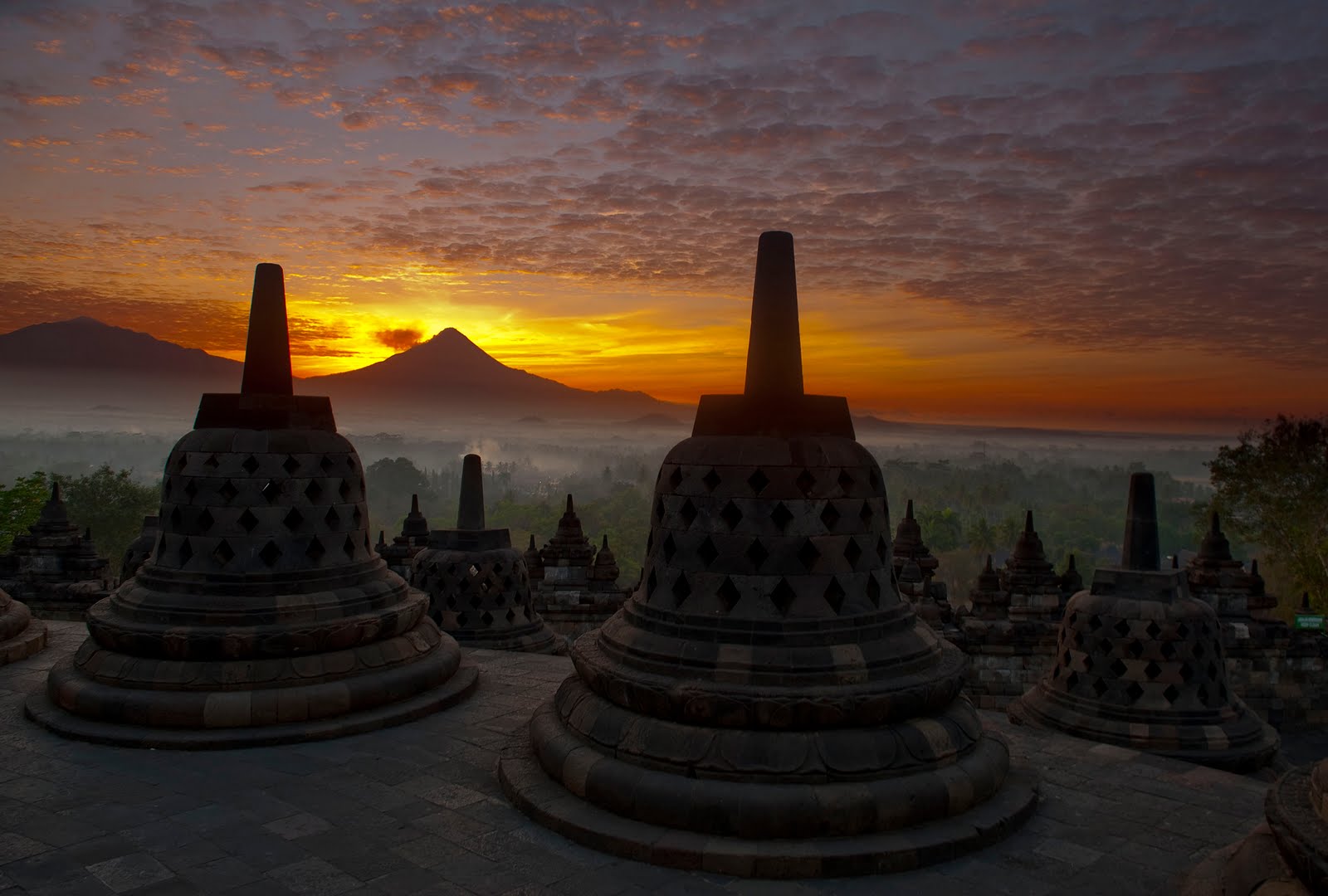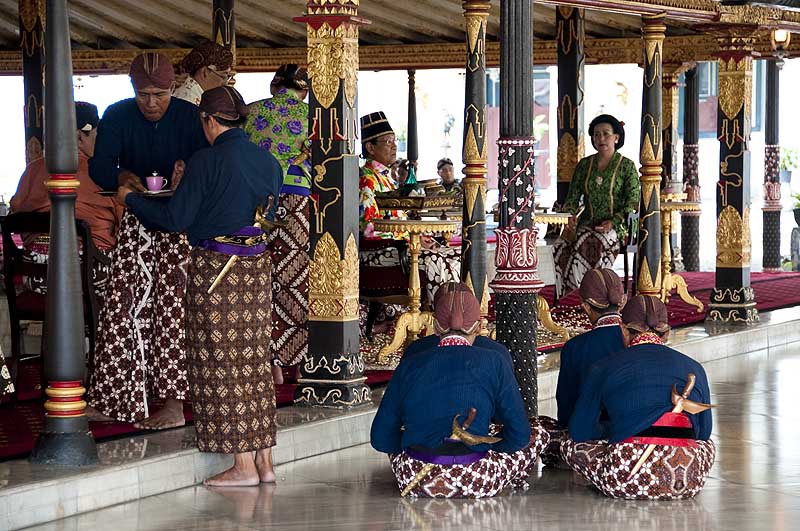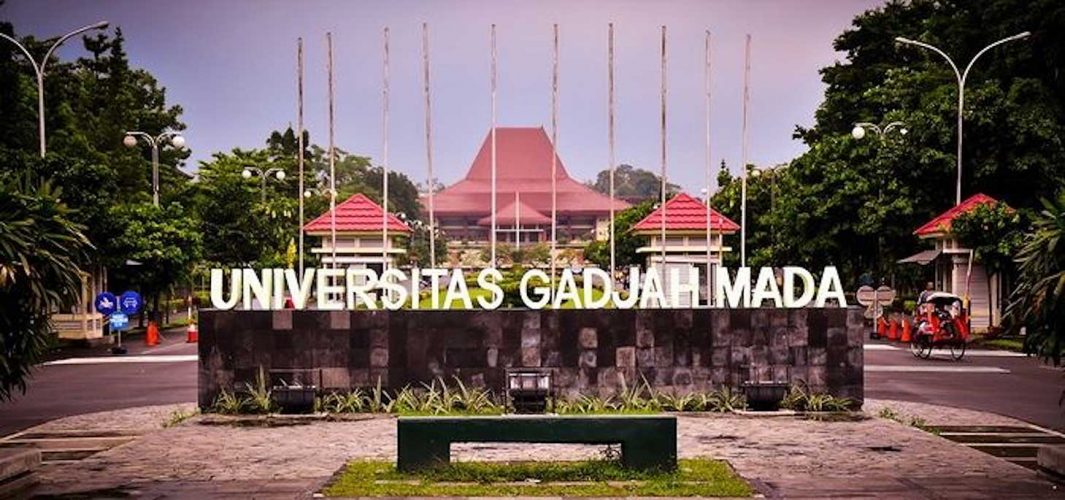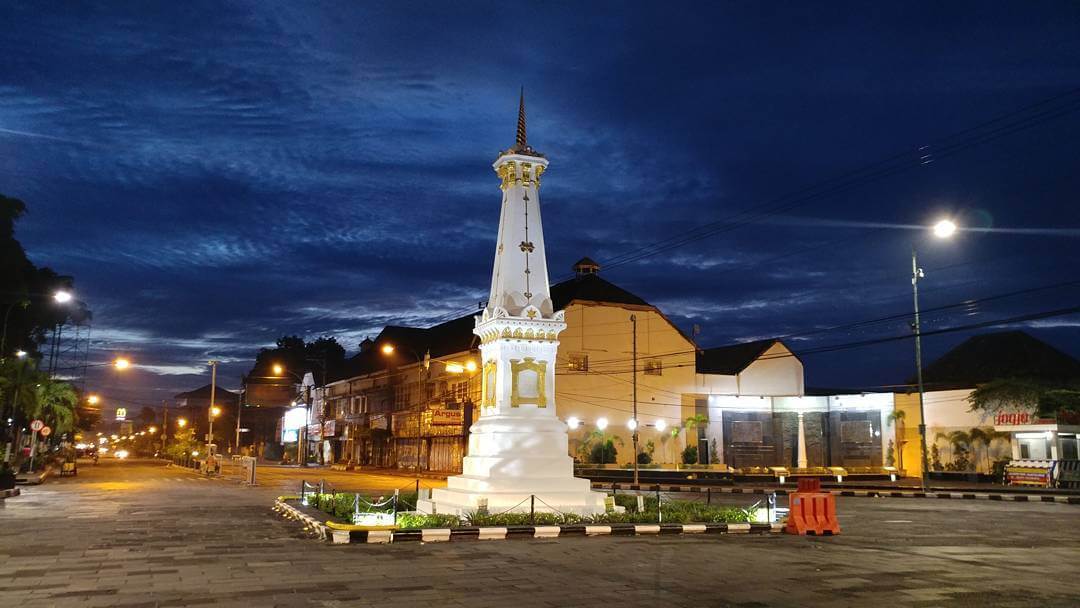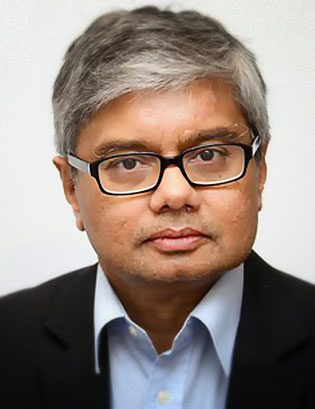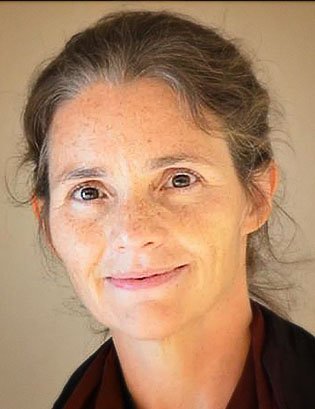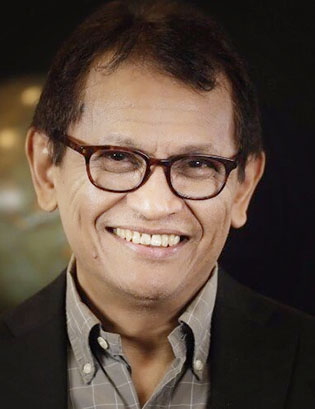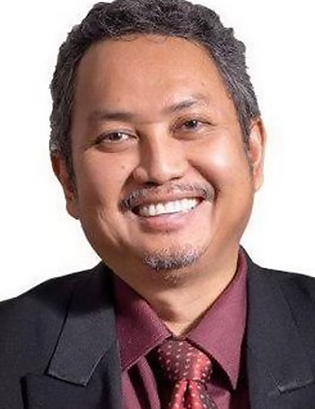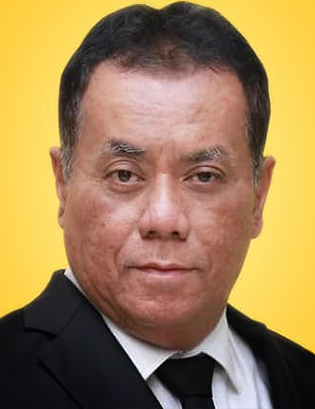Will be held through Zoom on 12-13 July 2021.
THE 16th IRSA INTERNATIONAL CONFERENCE 2021
The 16th IRSA International Conference.
Welcome to the 16th Indonesian Regional Science Association (IRSA) International Conference. This annual conference will be virtually held through Zoom on 12-13 July 2021, and is hosted by the Faculty of Economics and Business at Universitas Gadjah Mada in collaboration with IRSA. Universitas Gadjah Mada is the main public university in Daerah Istimewa Yogyakarta, and it plays an important role in promoting research and education in Indonesia. The theme of this year’s IRSA conference is Institutions, Human Capital, and Development.
The Conference
This conference is IRSA’s main annual event that promotes the advancement of research across the country. The conference will facilitate open discussions and debates, transfer of knowledge, strategies for policy formulation, and networking amongst scholars and policymakers. Each year since its establishment, the IRSA annual conference has been attended by a large number of academics and policymakers from numerous Indonesian institutions. IRSA has also created a large network of academics and policymakers who are concerned with issues of regional development. This network has now reached a critical mass that can play a major role not only in the academic arena through research and publications but also contribute to the evidence-based regional development policies nationally, regionally, and locally.
The Secretariat
Faculty of Economics and Business – Universitas Gadjah Mada
Jl. Sosiohumaniora 1 Bulaksumur
Yogyakarta, Daerah Istimewa Yogyakarta, 55291
Phone : +62274548510
Fax : +62274563212
Homepage : https://www.feb.ugm.ac.id
CALL FOR PAPERS
The Indonesian Regional Science Association (IRSA) in collaboration with Faculty of Economics and Business Universitas Gadjah Mada invite scholars, practitioners, and students to submit papers to be presented in the 16th IRSA International Conference. The theme of the conference is Institutions, Human Capital, and Development. The conference will be virtually held through Zoom on 12-13 July 2021.
Potential topics to be discussed in the conference include, but not limited to:
- Institutions and economic growth
- Institutional economics of corruption and reform
- Agricultural, natural resources and rural institutional
development - Property rights and innovations
- Institution and environmental management
- Religion and its long-term impact
- Social capital and trust
- Early childhood development and long-term outcomes
- Curriculum, pedagogy, education technology and student achievement
- Education spending and educational outcomes
- Regional disparities in educational outcomes
- Teacher labour supply and teacher incentives
- Skills development and vocational training
- Health and economic growth
- Child and mother health in developing countries
- Demand and supply of health care
Extended paper abstract of about 500 words should be submitted online via http://www.conftool.com/irsa2021 by 4 April 2021. Abstract should consist of background, data and methodology, potential contributions, and keywords. Abstracts must be submitted in English, as also the full paper.
Paper sessions are seminar-style for each paper and ample time for discussion and for participants to provide constructive feedback to authors. Paper presentations will be in English.
IMPORTANT DATES
Jan 6, 2020 : Abstract Submission Opening
Apr 4, 2021 : Abstract Submission Deadline
May 3, 2021 : Early Bird Registration Open
May 17, 2021 : Notification of Abstract Acceptance
May 31, 2021 : Early Bird Registration End
Jun 21, 2021 : Full Paper Submission Deadline
Jun 21, 2021 : Paper Presenter Registration Deadline
Jul 4, 2021 : Non-Presenter Registration Deadline
Jul 10-11, 2021 : Pre-conference training
Jul 12-13, 2021 : Conference Date
CONFERENCE AGENDA
16TH IRSA INTERNATIONAL CONFERENCE
Zoom Webinar, 12 – 13 JULY 2021
10 – 11 July 2021
Saturday and Sunday PRE-CONFERENCE Program
2 Days Pre-Conference Workshops
08.00 – 08.30 Pre-Conference registration
08.30 – 17.00 Pre-Conference Workshops
- Introduction to Geographic Information System (GIS) by ANU Indonesia Project & University of Canberra
- Introduction to Choice Modelling for Economic Valuation by EEI-Indonesia
- Introduction to On-line Survey Design by J-PAL Southeast Asia
11 July 2021
18.30 – 21.00 IRSA Council Meeting
(by invitation only)
12 – 13 July 2021
Monday and Tuesday CONFERENCE Program
Day 1: 12 July 2021
08.00 – 08.30 Conference Registration
08.30 – 09.00 Opening Ceremony
09.00 – 10.30 Plenary Session I
10.30 – 10.45 Tea break
10.45 – 12.45 Parallel Session I (4 speaker per session) (10–12 meeting rooms)
12.45 – 13.45 Lunch Break
13.45 – 15.15 Parallel Session II (3 speakers per session) (10–12 meeting rooms)
15.15 – 15.30 Tea break
15.30 – 16.30 Keynote Address: “Changing Nature of Work and Inequality: Lesson from 11 Developing Country Studies” by Prof. Kunal Sen (UNU-WIDER/Manchester University).
16.30 – 18.00 Parallel Session III (3 speakers per session) (10–12 meeting rooms)
Day 2: 13 July 2019
08.00 – 08.30 Conference Registration
08.30 – 09.30 Book Launching
09.30 – 11.00 Parallel Session IV
(3 speakers per session) (10-12 meeting rooms)
11.00 – 11.15 Tea break
11.15 – 12.45 Parallel Session V (3 speakers per session) (10-12 meeting rooms)
12.45 – 13.45 Lunch Break
13.45 – 15.45 Parallel Session IV (4 speakers per session)(10-12 meeting rooms)
15.45 – 17.15 Plenary Session II
17.15 – 17.45 Closing Ceremony
